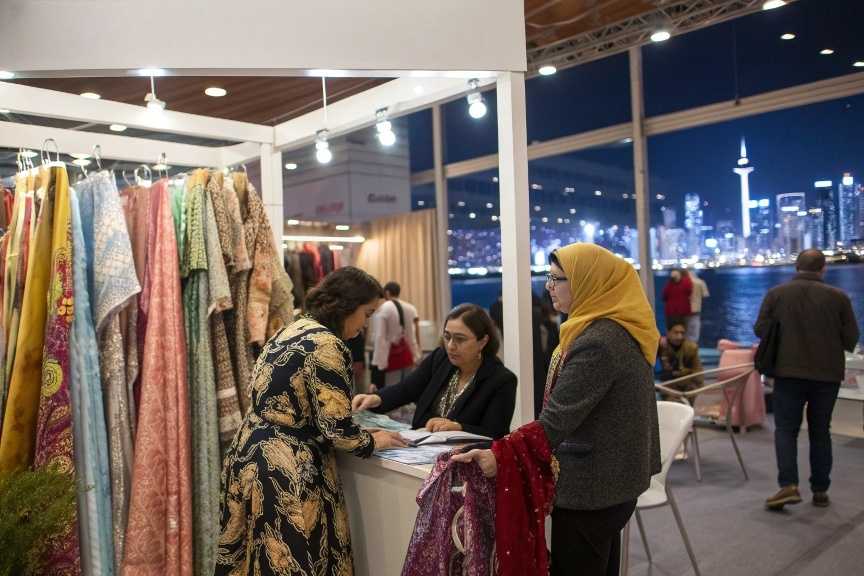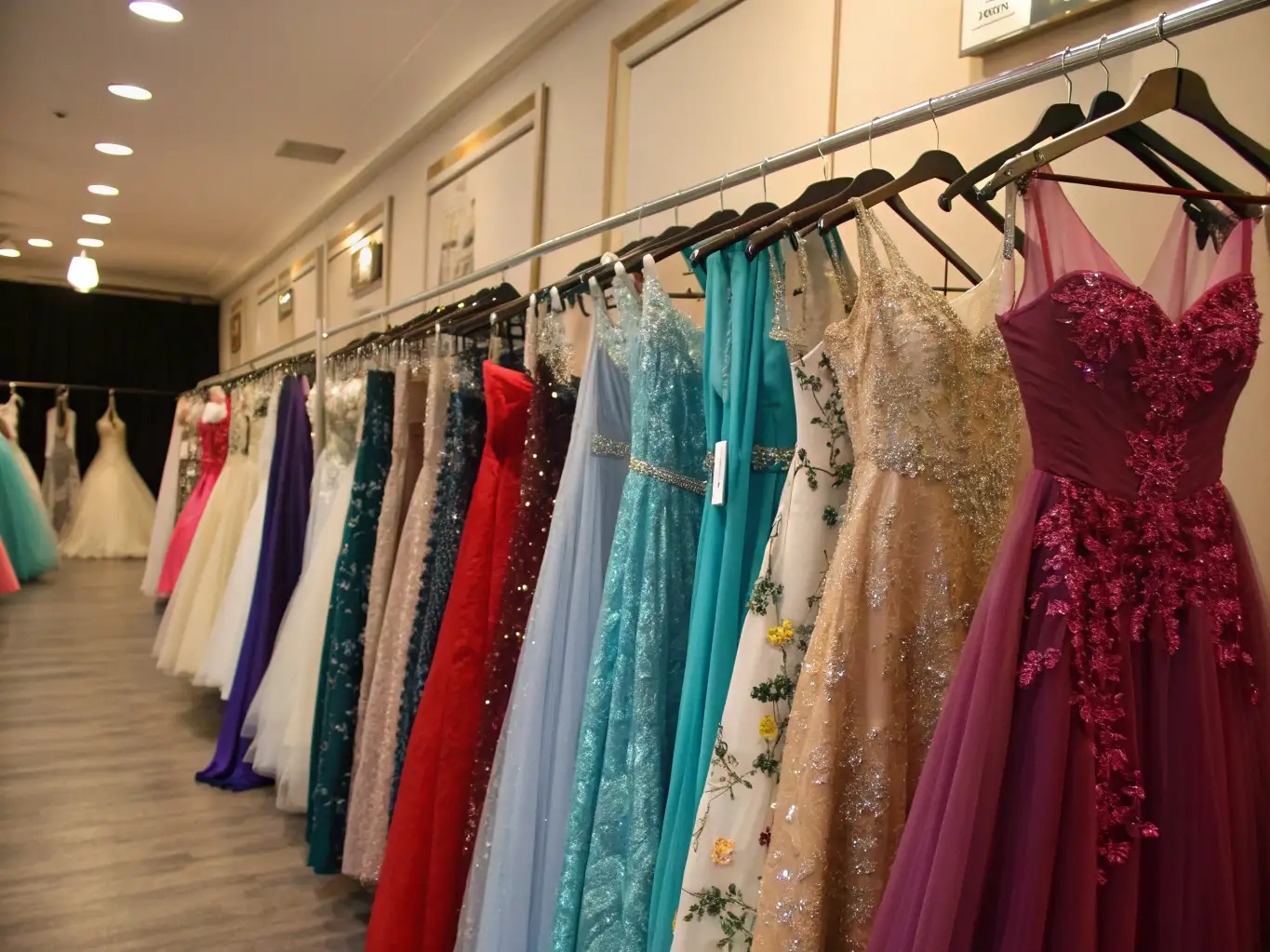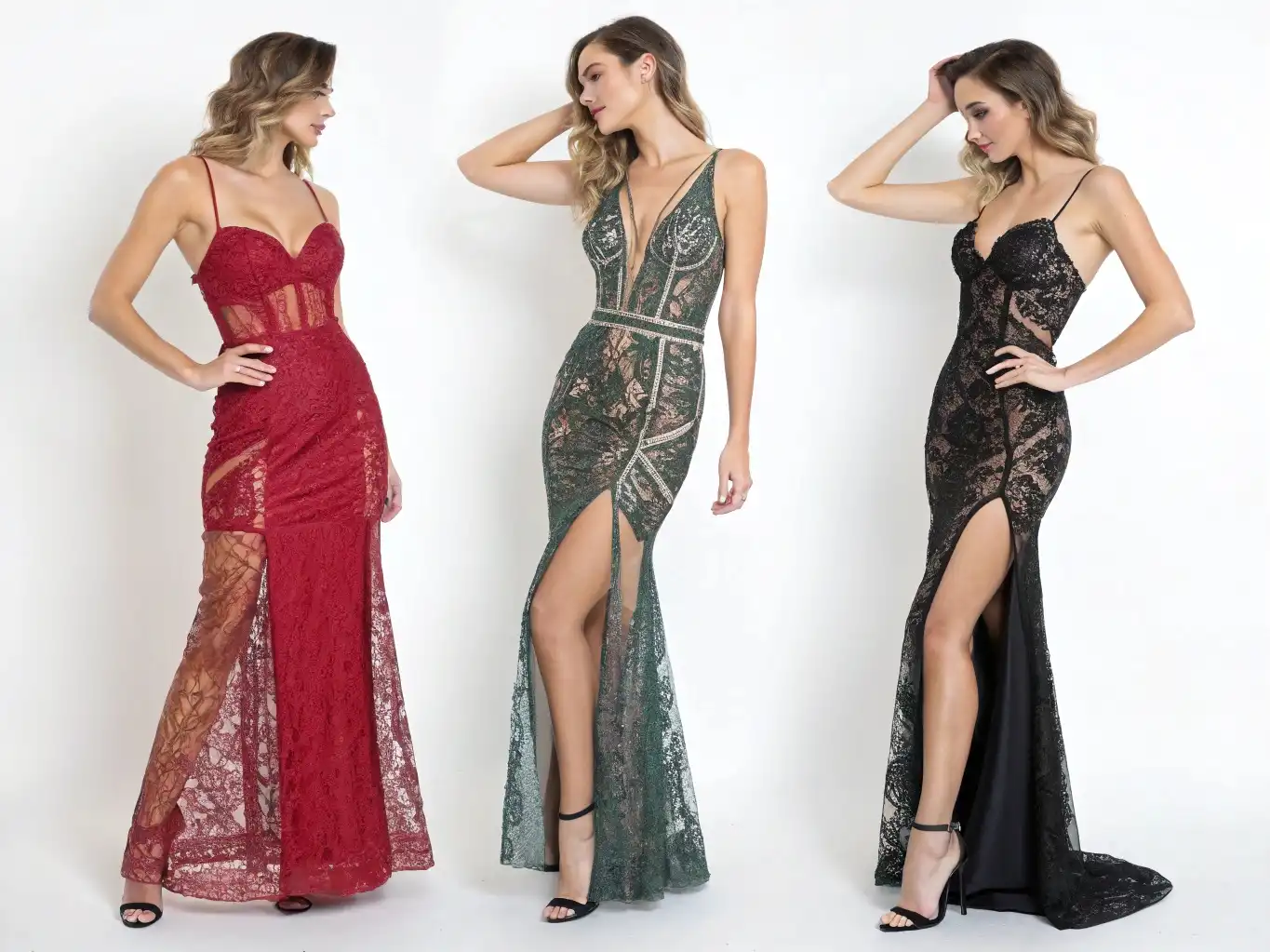Sourcing dresses from Turkey has become a smart strategy for brands seeking high-quality apparel with flexible minimums and a European logistics advantage. But how do you actually find and verify the right Turkish dress manufacturers?
Finding reliable manufacturers in Turkey involves a mix of online research, trade fairs, careful vetting of supplier credentials, and building collaborative partnerships. Start with proven B2B platforms and industry events, then move to supplier audits and negotiation for long-term success.
Let’s break down the platforms, criteria, verification steps, and relationship management techniques you need to confidently source dresses from Turkey.
Top Platforms and Resources to Discover Turkish Dress Manufacturers
The search for Turkish dress suppliers usually begins online, but the most successful brands combine digital tools with in-person industry events.
B2B marketplaces like TurkishExporter1, Alibaba2, and Kompass3 provide directories of Turkish suppliers. Major textile trade fairs4 in Istanbul and Izmir also connect brands with vetted, reputable manufacturers.
Are B2B platforms like TurkishExporter, Alibaba, and Kompass reliable for finding suppliers?
| Platform | Strengths | Weaknesses |
|---|---|---|
| TurkishExporter | Local focus, large database, Turkish exporters | Sometimes limited English info |
| Alibaba | Wide selection, buyer protection, reviews | Some Turkish suppliers less active |
| Kompass | Detailed company profiles, global coverage | Fewer textile specialists |
These platforms offer a convenient starting point. TurkishExporter is strong for local sourcing and tends to list verified exporters. Alibaba and Kompass help you access Turkish factories, but always cross-check supplier backgrounds and request verifiable documentation.
How do textile trade fairs4 in Istanbul and Izmir help connect brands with reputable manufacturers?
| Event Name | Benefits | Frequency/Location |
|---|---|---|
| Istanbul Textile & Apparel Exporters’ Association (İTKİB) Fairs | Face-to-face meetings, live sample viewing, relationship-building | Several times/year, Istanbul |
| Texhibition Istanbul | Trend forecasting, supplier networking | Annual, Istanbul |
| Izmir Textile Fair | Aegean region sourcing, niche specialists | Annual, Izmir |
Attending major Turkish textile fairs lets brands see garment quality firsthand, discuss production processes, and evaluate supplier professionalism. You can quickly shortlist manufacturers by viewing their samples and having real conversations about production capacity and pricing.
Key Factors to Consider When Choosing a Dress Manufacturer in Turkey
Beyond initial discovery, evaluating Turkish manufacturers’ credentials, specializations, and communication style is essential for successful sourcing.
Check for certifications, export records, and manufacturing experience to identify trustworthy suppliers. Assess production capacity, core product categories, and responsiveness to gauge the best partner for your brand.
What certifications, experience, and export records indicate a trustworthy Turkish supplier?
| Factor | What to Look For | Why It Matters |
|---|---|---|
| Certifications | ISO 9001, OEKO-TEX, BSCI, GOTS | Shows commitment to quality, safety, ethics |
| Export Records | Verified EU/US shipments, industry awards | Confirms international credibility |
| Experience | 5+ years with branded clients, clear references | Indicates production know-how and reliability |
Established Turkish dress manufacturers are usually certified, export to the EU or US, and have a portfolio of reputable clients. Request third-party audit reports, client references, and shipping records to confirm a supplier’s legitimacy.
How do you assess production capacity, specialization (casual, formal, premium), and communication skills?
| Criteria | Assessment Method | What It Tells You |
|---|---|---|
| Production Capacity | Ask for monthly output, factory tours | Can they meet your order volume? |
| Specialization | Review product samples, brand portfolio | Do they excel at your style (casual, formal, etc.)? |
| Communication Skills | Gauge email response time, clarity, English proficiency | Predicts problem-solving and smooth collaboration |
A manufacturer specializing in premium or formal dresses may not be ideal for bulk casualwear orders, and vice versa. Always ensure their production capacity matches your needs and that you can communicate clearly with their team.
How to Verify and Audit Turkish Dress Manufacturers
Even with promising credentials, on-the-ground verification and ongoing audits reduce risk and ensure reliable quality.
Always request samples, conduct factory visits if possible, and use third-party inspection agencies for large or ongoing orders. These steps uncover potential issues before they become expensive problems.
Should you request samples, conduct factory visits, or use third-party inspection agencies?
| Verification Step | When to Use | Key Benefits |
|---|---|---|
| Samples | Before bulk or first orders | Check fabric, stitching, sizing |
| Factory Visit | For high-value or long-term relationships | Evaluate true capabilities, workforce, compliance |
| Third-Party Inspection | For large/recurring shipments | Objective, professional quality control |
Initial samples show real production quality. Factory visits (personally or via a local agent) are ideal for big partnerships. Third-party QC agencies (like SGS, Bureau Veritas) provide unbiased inspections and ongoing checks.
What are the red flags or risks to watch out for when sourcing from Turkey?
| Red Flag | Possible Issue | What to Do |
|---|---|---|
| Inconsistent Sampling | Poor QC or no real factory | Request another sample, reconsider supplier |
| Lack of Certifications | May not meet compliance or market access | Require proof or switch suppliers |
| Vague Communication | Hides capacity/production issues | Seek more responsive partner |
If a factory can’t produce consistent samples, dodges audit requests, or struggles to answer your technical questions, treat this as a major warning sign.
Tips for Building a Successful Partnership with Dress Manufacturers in Turkey
Strong supplier relationships mean fewer delays, higher quality, and more flexibility. Here’s how to make your Turkish manufacturing partnership thrive.
Negotiate clear payment terms, production timelines, and quality requirements upfront. Maintain open communication, and always set standards for accountability and regular feedback.
How should you negotiate payment terms, lead times, and quality control requirements?
| Term/Requirement | Best Practice | Why It Matters |
|---|---|---|
| Payment Terms | 30% deposit, balance after inspection | Minimizes risk for both parties |
| Lead Times | Get timelines in writing, confirm capacity | Ensures reliable delivery dates |
| Quality Control | Define AQL, set inspection points | Prevents disputes, ensures standards |
Always agree on staged payments (deposit + final payment post-inspection) and put production and delivery dates in contracts. Specify quality standards and inspection checkpoints.
What steps help ensure on-time delivery and long-term collaboration with Turkish suppliers?
| Practice | Implementation | Benefit |
|---|---|---|
| Regular Updates | Weekly production status reports | Early warning of any delays |
| Clear Documentation | Confirm specs, samples, contracts in writing | Reduces errors and miscommunication |
| Feedback Loop | Post-shipment review meetings | Drives continuous improvement |
Routine progress updates, detailed specs, and open feedback after each delivery build trust. These practices help address issues early and strengthen long-term supplier loyalty.
Conclusion
Sourcing dress manufacturers in Turkey is most successful with a methodical approach: start with reputable platforms, verify credentials, insist on samples and audits, and build transparent, accountable partnerships. This balanced strategy ensures quality, reliability, and long-term value for your brand.
-
Discover how TurkishExporter connects brands with verified Turkish suppliers for quality apparel. ↩
-
Learn how Alibaba can help you access a wide range of Turkish dress manufacturers. ↩
-
Find out how Kompass provides detailed profiles of Turkish manufacturers for informed sourcing. ↩
-
Understand how textile trade fairs can enhance your sourcing strategy and supplier connections. ↩ ↩






